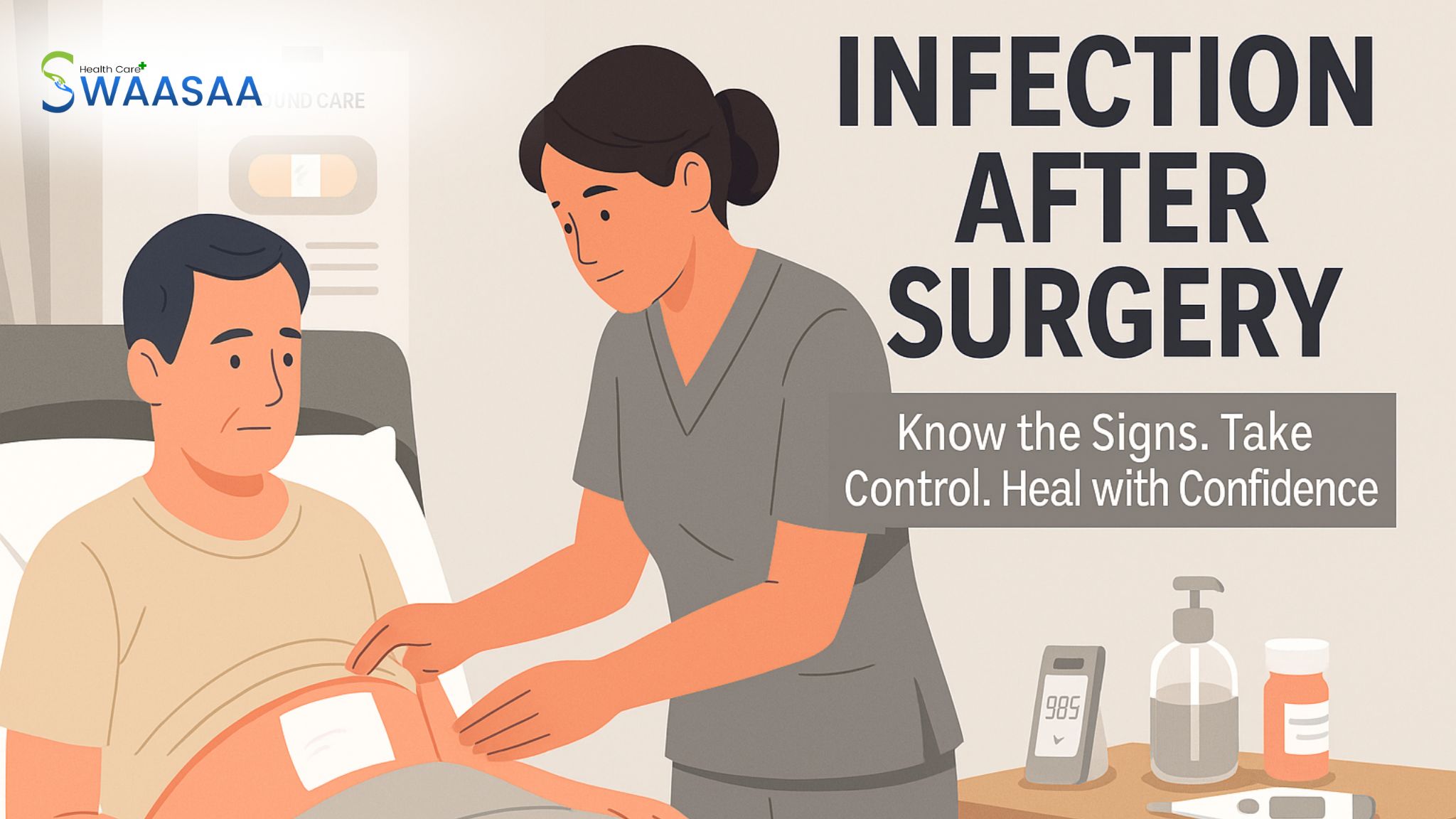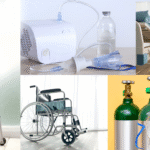
Undergoing surgery can be both a relief and a source of stress. While it may fix a health problem, the recovery process needs just as much attention, especially when it comes to post-operative care. One of the most common complications patients face is an infection after surgery. It can delay healing, increase discomfort, and in some cases, become dangerous if left untreated. Understanding the early warning signs is key to a safe and smooth recovery journey.
Why Infections Happen After Surgery
Surgical procedures, regardless of their severity, involve breaking the skin and exposing internal tissues. This can allow bacteria to enter the body. While doctors take every precaution to maintain sterile environments, a patient’s immune response, existing medical conditions, or even improper wound care at home can increase the risk of infection.
Infections can occur in the wound site, internal organs, or even in areas like the urinary tract and lungs, especially if medical devices like catheters or ventilators are used during or after the operation.
Common Risk Factors Include:
- Diabetes or other immune-compromising conditions
- Smoking or poor nutrition
- Obesity or being overweight
- Long surgery durations
- Improper wound cleaning at home
Recognizing the Signs of Infection After Surgery
Early detection is crucial. Often, people confuse normal healing symptoms like redness or mild swelling with something more serious. But knowing what to look out for can help catch problems before they escalate.
1. Unusual Redness or Swelling
Some inflammation is expected in the healing process, but if redness expands or swelling worsens over days instead of improving, it may be an indicator of infection.
2. Persistent Pain or Tenderness
A certain amount of pain is normal after surgery. However, if the pain increases rather than decreases, or feels hot and tender to the touch, it could mean something is wrong beneath the surface.
3. Discharge or Pus from the Wound
Clear fluid is common from surgical wounds initially, but yellow or green pus, or a foul-smelling discharge, is a sign of infection after surgery and must be taken seriously.
4. Fever or Chills
A fever, especially above 100.4°F (38°C), may indicate that the body is fighting an infection. Chills or night sweats are also red flags that shouldn’t be ignored.
5. Fatigue or Confusion
Severe tiredness, dizziness, or confusion could mean the infection is affecting the entire body, especially in elderly patients. This can become life-threatening if not addressed promptly.
Steps to Prevent Infection Post-Surgery
While not all infections are avoidable, many can be prevented through proactive care and hygiene. Here’s what you can do:
- Follow your doctor’s post-op instructions carefully
- Clean the surgical site with sterile products only
- Keep the area dry and covered unless advised otherwise
- Wash hands before touching the wound or dressing
- Avoid smoking, alcohol, and heavy physical activity
If you’re being cared for at home, consider hiring a professional nurse or caregiver to help with wound dressing, monitoring vital signs, and ensuring medications are taken on time.
When to Call Your Doctor
If you notice any of the signs of infection after surgery mentioned above like increased redness, discharge, high fever, or sudden weakness don’t wait. Contact your healthcare provider immediately. Acting early can prevent complications like abscesses, delayed healing, or even sepsis.
It’s always better to check and be wrong than to wait and risk worsening the situation. Your doctor may recommend blood tests, wound cultures, or imaging to determine the cause and begin treatment such as antibiotics or drainage procedures.
Final Thoughts: Healing Happens with Awareness
Recovering from surgery is more than just resting it’s about staying alert and informed. Knowing the possible risks of an infection after surgery and being able to spot early symptoms ensures that you or your loved one can heal safely and confidently at home.
Trust your body, listen to it, and never hesitate to seek professional help when something doesn’t feel right. With a little caution and the right care, recovery can be smooth, empowering, and complication-free.

















